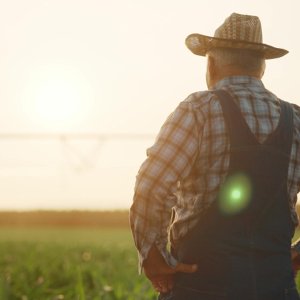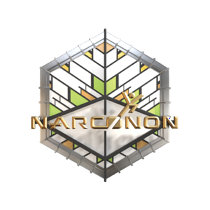Support System While in Recovery Is Vital to Success

It is vital to have a support system in place when a person is in recovery. It is a great help to talk to people with the right expertise or people in recovery to exchange ideas on how to deal with different situations and different conditions in life. It feels great to exchange ideas and success stories between individuals in recovery or individuals trying to beat addiction.
The meaning of “peer support” is the process of giving and receiving non-professional, non-clinical assistance from individuals with similar conditions or circumstances to achieve long-term recovery. Peer support has been shown to be a key factor in helping people in recovery to keep going in the right direction and live a sober life.
Many people in addiction or in recovery feel like they are alone and no one else is struggling like them, but this is not the case. Most addicts and recovering addicts are going through the same thing—different locations—but same story.
When I arrived at Narconon as a student, I learned that many of the staff there had been students at some point and became staff after completing the program and then training. This made me very comfortable as I felt supported by those who understood what I was going through and, of course, didn’t judge me. It felt like a different support, and was the right support I needed that helped me overcome all my ups and downs during the program.
Even now after 1 year of sobriety I still attend monthly online meetings to talk about wins and discuss what we all do in our spare time. We talk about different habits that we picked up along the way that help us in our sobriety journey. This support system is very important to my recovery and it helps me in many different ways. It gives me ideas on how to kill time, it helps me stay on track and it makes me feel that I am part of a team. We all go through it together as a group—I support the group and the group supports me.
People who graduate from rehab should find a way to share wins and success stories about their lives with other people in recovery. When during these meetings they find out that the program is working for other individuals, they start to believe more and more in the tools they learned. It shows them how to use these tools in present time in their lives, and that applying the tools they learned during the program will help them prosper in life.

A sense of community and being a part of a group that shares personal experiences and coping strategies are extremely valuable. The group is where people can ask for help and they usually will find it in the group because most recovering addicts are eager to help anyone in need and are glad to be a part of the solution.
There are many different types of peer support groups. Ideally you could ask your rehab center about how to be a part of such a group. Asking friends or family members, or finding local self help groups can also provide support.
Some people keep going to these meetings for years even after being completely sober, if they need or want to. It can be a good support system. Even for someone not struggling but who went through addiction, they can be the reason someone else stays clean.
There is a lot of help out there and anyone looking for that help will find it. The important thing is to ask for help and be involved in the solutions. You don’t have to be in recovery alone, so reach out and ask for help for yourself, and be part of the change for someone else.
Source:
ncbi.nlm/pmc/articles/pmc5047716


